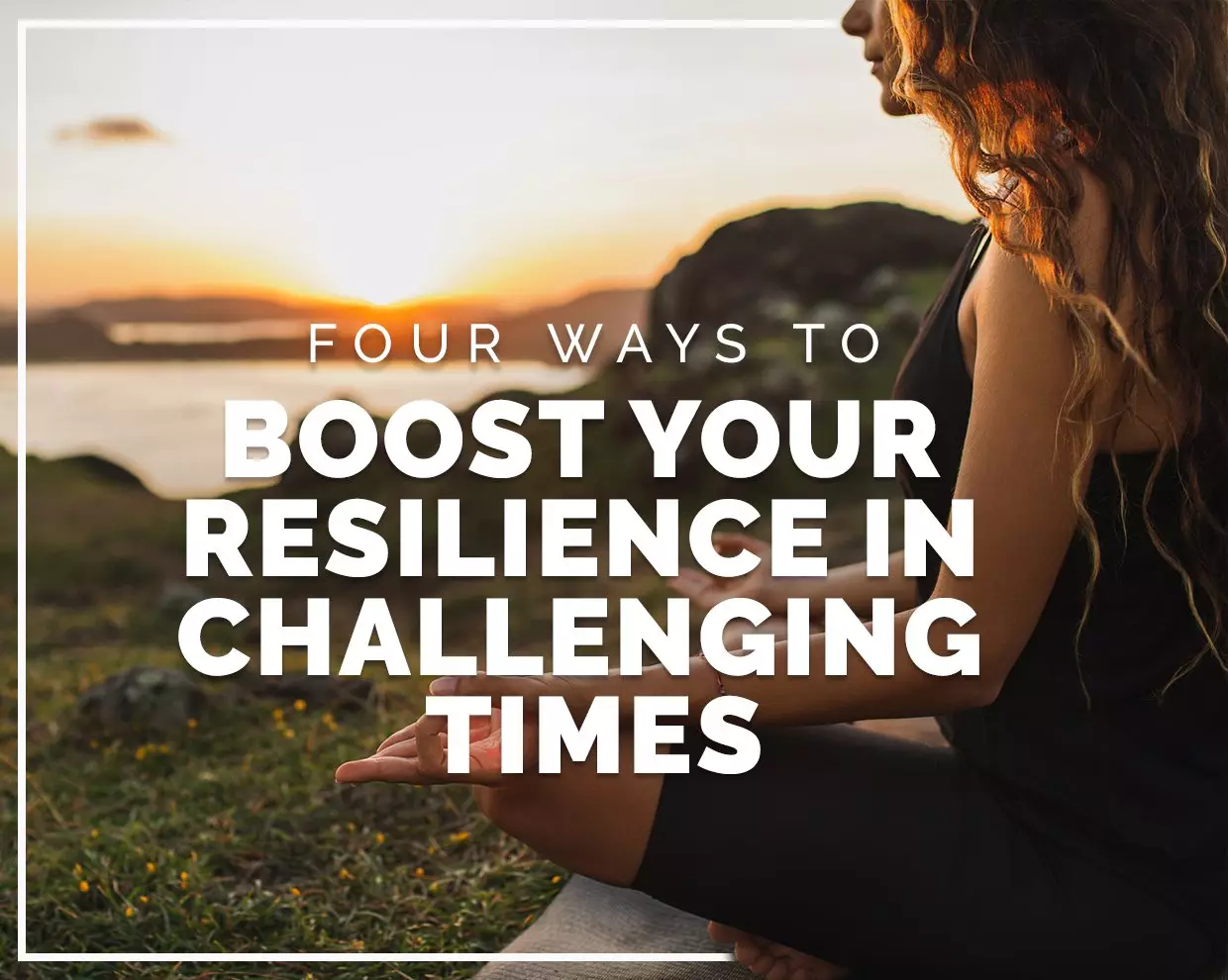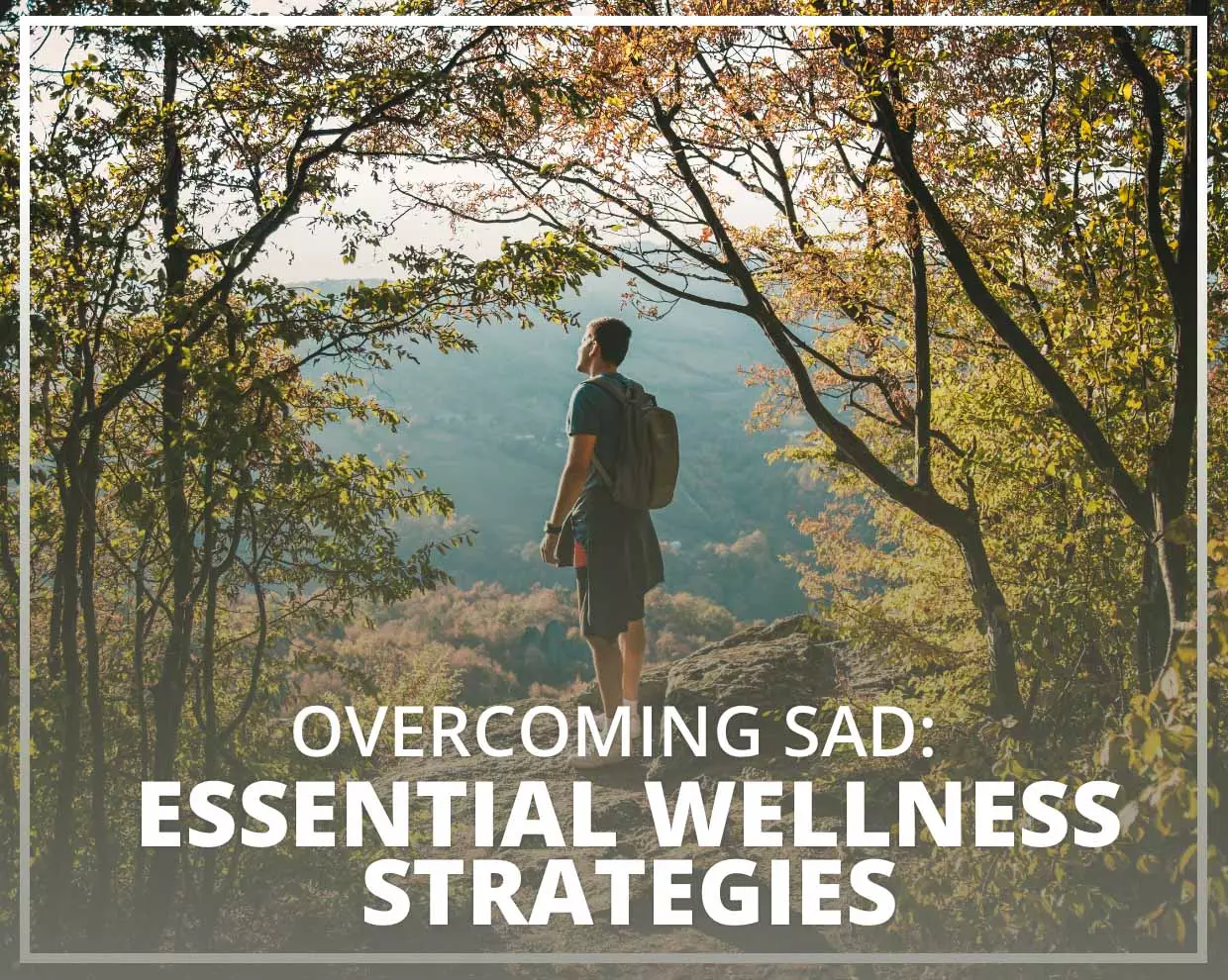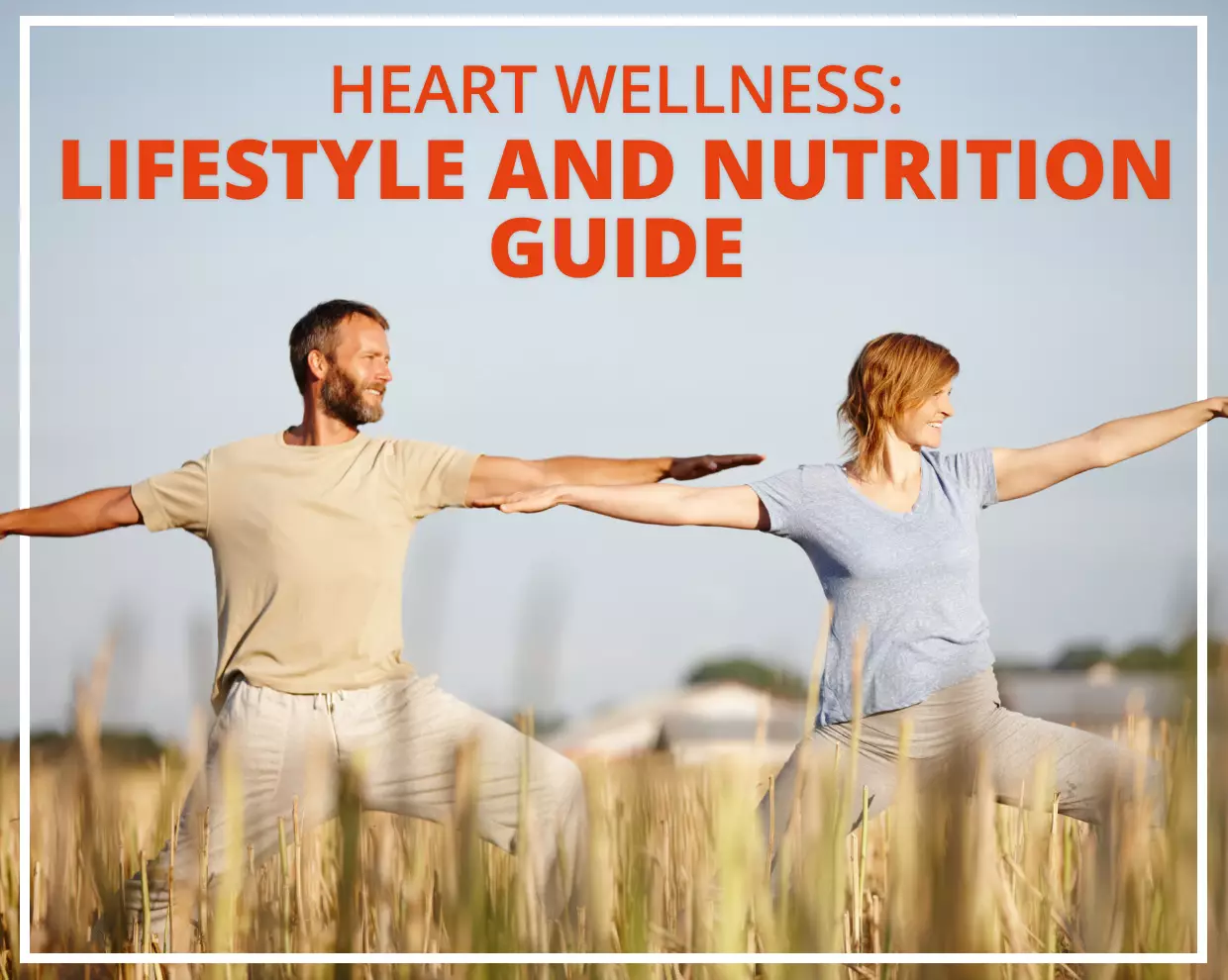Resilience is our ability to cope with adversity and bounce back during difficult times. Dr Amit Sood, one of the world's leading experts on resilience and wellbeing, describes resilience as “The core strength you use to lift the load of life.”.
We need resilience to manage a whole range of challenges from everyday setbacks to major trauma and life changing events.
The unprecedented health crisis we are living through has caused widespread isolation and disruption to every aspect of our lives. There are impacts to our physical health, emotional health and financial wellbeing, and for many this crisis will cause real hardship and suffering. There has never been a time when resilience is more essential than it is right now.
The good news is that resilience is not a fixed trait. We can cultivate and strengthen resilience, to become better at adapting and overcoming the challenges we face. Here are four ways to boost resilience during challenging times.
1. Practise self-compassion through meditation
A regular meditation practice can help you to bring awareness to your automatic thoughts and actions. It can also help to take the emotional charge out of difficult situations, allowing you to be less reactive and strengthening resilience as a result.
When emotions are overwhelming, using meditation as a ‘self-compassion break’ can be a great option to release tension and quiet the mind. Find a quiet space and ask yourself the following questions:
- How am I feeling right now?
A body scan can help identify if you are “holding” these feelings in a physical sense – releasing tension and letting go as you bring awareness from your head all the way to your feet.
- Can I sit with this discomfort?
Allow your eyes to close and just sit with the uncomfortable feelings, allowing everything to be just as it is. In Buddhist teachings this is referred to as “Inviting Mara to tea”.
- Can I be kind to myself in this moment?
Explore any negative self-talk that is emerging through the turbulent emotions. Let go of any judgment and give yourself the gift of self-compassion and kindness.
Practising meditation in the long term has been shown to not only improve resilience, but also memory, focus and overall performance. Meditation helps to forge new neural pathways in the brain, so that we respond with greater resilience to stressors both large and small.
2. Nurture relationships and connection
Human connection is essential to our well-being, and there is strong evidence to suggest that high-quality relationships can enhance your resilience to stress(1). Researchers believe there are multiple neurobiological factors behind this, with social support promoting the release of oxytocin and dampening the HPA (hypothalamic-pituitary-adrenal) axis in its reactivity to stress(2).
Staying connected with your loved ones and looking after our wider social networks takes extra effort during lock-down. While there was a big surge of virtual catch ups in the early phases of lock-down, there is anecdotal evidence to suggest these may have dropped off as the weeks have progressed. As well as missing close friends and family, we also have limited opportunities for those ‘incidental’ social connections – brief interactions with a colleague in the lunchroom, a parent at school drop off, or a fellow passenger on the train. Even as restrictions are lifted, recovering from a prolonged period of isolation isn’t going to happen overnight.
One potential silver lining is that we may become more conscious of the value of our human relationships following isolation. Being in regular virtual contact is the next best thing so we are trying to keep going with the Zoom calls and video chats in the meantime.
3. Time in nature and grounding
Spending time in nature can help to relieve stress – with research showing clear physiological and psychological benefits(3). A small 2018 study(4) looked at self-reported stress levels as well as biomarkers including cortisol and amylase levels, finding that visiting natural environments resulted in significantly lower stress levels in both men and women.
This natural form of stress relief has a positive effect on human health and helps us to build resilience by reducing our overall stress load. While our time in nature is more limited during lock-down, the health benefits of a simple walk outside or visit to the park are also well documented.
Getting your bare feet onto the earth could make your time outdoors even more beneficial. Known as ‘grounding’, this allows the positive charge that builds up in our bodies to be neutralized by the earth, which bears a negative electric charge. Our modern rubber soled shoes and insulated houses mean we are spending much less time connected to the earth than optimal for our biology. While research is ongoing, grounding has been shown to help to reduce inflammation, support the immune response and reduce stress(5). Groundology is a great resource for more information and the latest scientific research on the benefits of grounding.
4. Get moving
We are designed for daily movement, and exercise is one activity that can both exhilarate and relax you. It helps to regulate stress hormones, boosts endorphins, and increases brain-derived neurotrophic factor (BNDF) so you become more resilient in how you handle future stress.
Running and yoga get a special mention here because they tend to be mindful practices, potentially helping you to be “in the flow” and providing that added meditative benefit. The FS team have also been loving the Iso HIIT training sessions available online right now.
Virtually any exercise you enjoy has the capacity to reduce stress and help you build resilience.
-----------------
We hope these four strategies will help you to boost resilience and manage overall stress in these difficult times. If you’d like to learn more our team of health coaches can help with all aspects of your health, including stress reduction, supplementation, sleep and exercise. Our health coaches can provide lab-testing and a personalized health plan to get you on track. Get in touch for a free 15 min consultation.
References:
1 Social support and resilience to stress across the life span: A neurobiologic framework
2 Psychchiatry Journal - Social Support and Resilience to Stress
3 Green perspectives for public health: a narrative review on the physiological effects of experiencing outdoor nature
4 Behavioral Sciences - Levels of Nature and Stress Response – (May 2018)
5 The effects of grounding (earthing) on inflammation, the immune response, wound healing, and prevention and treatment of chronic inflammatory and autoimmune diseases

 AU Store
AU Store  UK Store
UK Store NZ Store
NZ Store EU Store
EU Store










